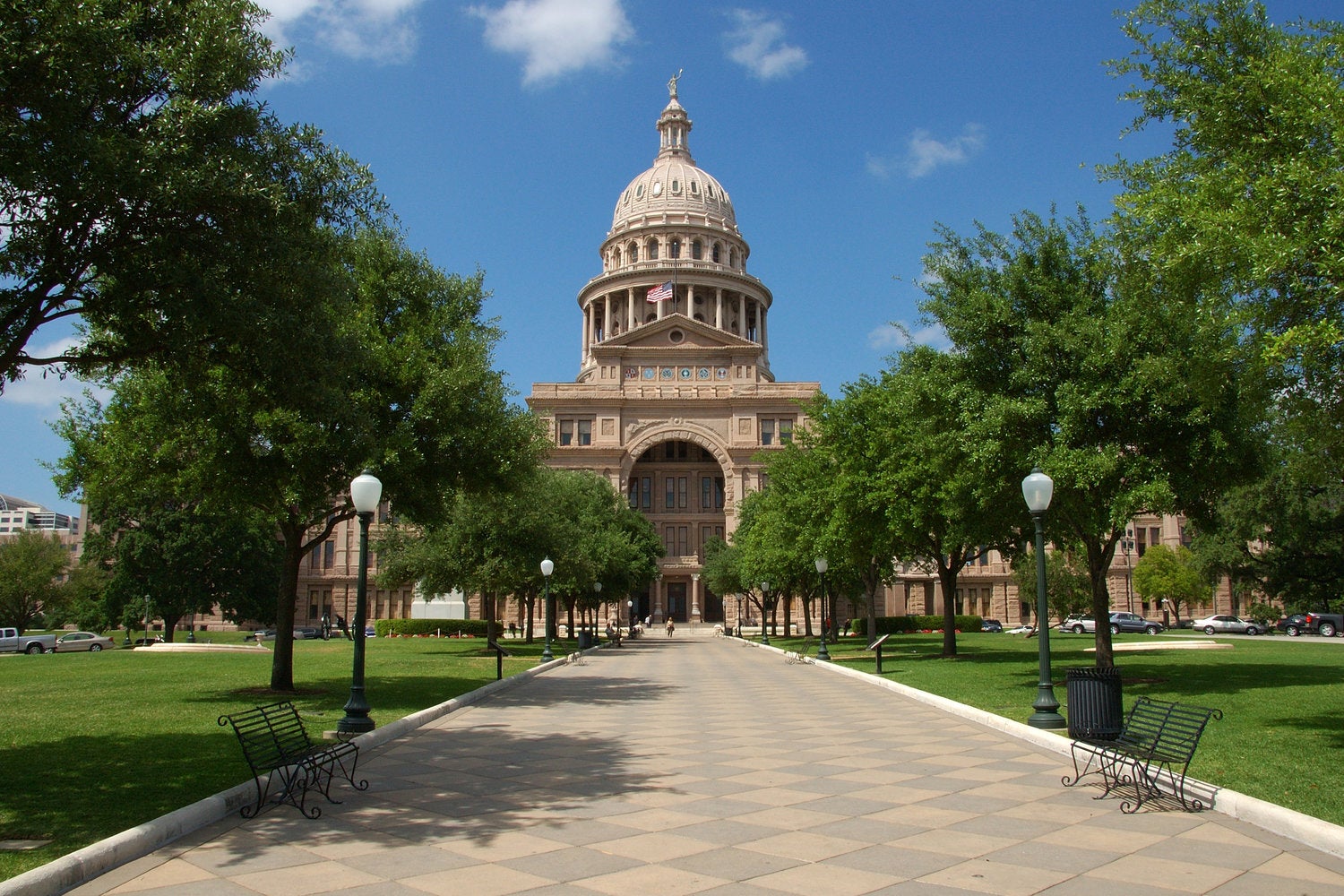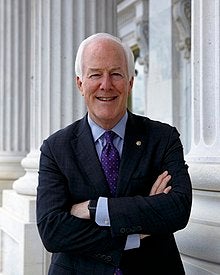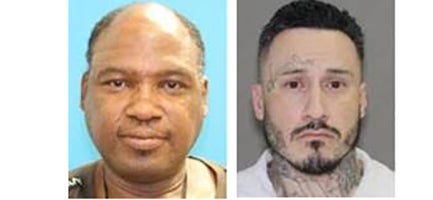STATE APPEALS COURT STRIKES DOWN KEY OPEN GOVERNMENT PROVISION
Published 6:06 pm Saturday, March 2, 2019

- State capitol building in Austin, Texas
(Austin) The Texas Court of Criminal Appeals ruled that a major provision in the Texas Open Meetings Act is unconstitutionally vague, invalidating the specific rule and raising questions about the relationship between free speech rights and government transparency. TOMA is intended to increase transparency in government proceedings, requiring that any governing body meeting in a quorum, that is, with enough members to conduct official business, has to do so in a public forum. The specific clause struck down Wednesday would apply to a prohibition on discussion of relevant matters among government officials when a quorum isn’t achieved. The Court found that the law wasn’t clear as to what constitutes a violation of this law. Austin Senator Kirk Watson, a leading advocate for open government, tweeted that this could be cause for concern. “I’m still reviewing the opinion, but I think the Legislature needs to address this issue this session,” he wrote. “This is a matter of high importance because members of the public need to be able to trust that decisions are being made in the open, not behind closed doors.” The deadline for filing legislation for the current session is this Friday, March 8th.
First adopted in 1967, and amended many times in the subsequent years, the core of TOMA requires meetings of governmental bodies to be open to the public and that notice of the meeting be posted publicly and tell citizens where and when the meeting is happening. “Public access to the proceedings and decision-making processes of governmental entities is an essential element of a properly functioning democracy,” wrote state Attorney General Ken Paxton in the introduction to the 2018 Open Meetings Handbook.
The provision at issue in the case ruled on Wednesday reads as follows: “A member or group of members of a governmental body commits an offense if the member or group of members knowingly conspire to circumvent this chapter by meeting in numbers less than a quorum for the purpose of secret deliberations in violation of this chapter.” The specific case involved Montgomery County Judge Craig Doyal, who was indicted for violating TOMA along with two county commissioners when they allegedly negotiated details of a county road bond outside of a public meeting. Doyal challenged the indictment, saying the law was unclear, too broad, and violated his first amendment rights.
In its ruling, the court found the provision was too vague and as such failed to meet the constitutional requirements for laws that impose a criminal penalty. Such laws must make it clear to the average person exactly what acts or behavior are barred. Furthermore, the First Amendment association adds an additional standard to clear. “Greater specificity is required when First Amendment freedoms are implicated because ‘uncertain meanings inevitably lead citizens to steer far wider of the unlawful zone than if the boundaries of the forbidden areas are clearly marked.’” wrote Presiding Judge Sharon Keller in the Court’s majority opinion. Two of the nine justices that sit on the court dissented.
The panel did leave the door open for legislative action. “We do not doubt the legislature’s power to prevent government officials from using clever tactics to circumvent the purpose and effect of the Texas Open Meetings Act,” wrote Keller. “But the statute before us wholly lacks any specificity, and any narrowing construction we could impose would be just a guess, an imposition of our own judicial views. This we decline to do.”
With less than two weeks to go before the filing deadline, lawmakers must decide quickly if, and how, to address this issue.
The Senate will reconvene Friday, March 1 at 10 a.m. for the reading and referral of bills.




